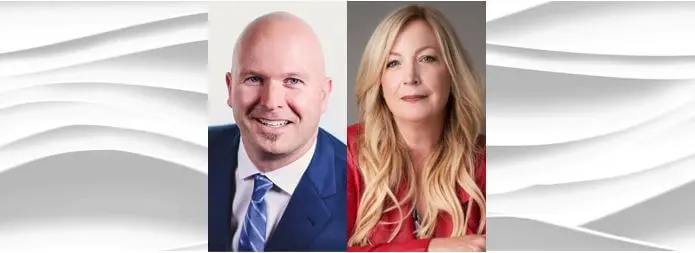Episode 142 – Why Recruiting for Sales Positions in Small Service Firms is Different and How to Adapt – Member Case by Carter Hopkins
Recruiting for sales positions in a small service firm is not the same as recruiting for sales positions in large service firm, or in a product company. This session will help you avoid making costly hiring mistakes as you build out your sales team.



